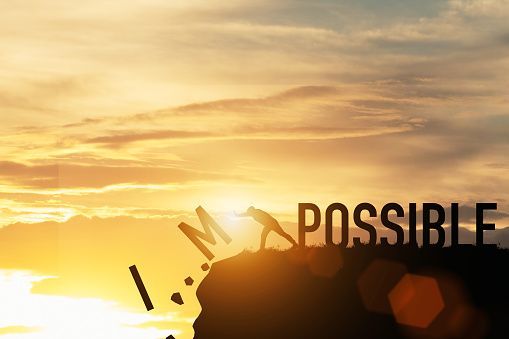Learning to Remove Obstacles

Lisa Bilyeu, the co-founder of Quest Nutrition, is a powerful example of what it means to be a lifelong learner. Her journey to success was not always easy, but her dedication to overcoming obstacles has inspired many. Lisa believes that every setback is an opportunity to learn and grow. When things didn’t go as planned, she focused on understanding what went wrong and how to improve for next time.
One of Lisa's key lessons is to be aware of the habits that can hold you back. She encourages everyone to take a close look at their daily routines. If you notice habits that aren’t serving you, it’s essential to replace them with better ones. For example, if procrastination is a problem, try setting small, achievable goals to keep yourself on track.
Lisa's approach to life emphasizes resilience and self-awareness. By embracing challenges and constantly seeking knowledge, she has built a successful company. Her story teaches us that success is not just about reaching the finish line but also about the journey of growth and improvement. So, whether you’re facing obstacles or trying to form better habits, remember that every day is a chance to learn something new.

